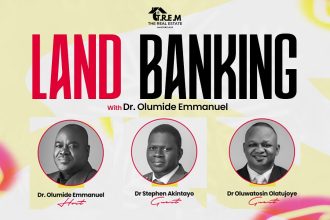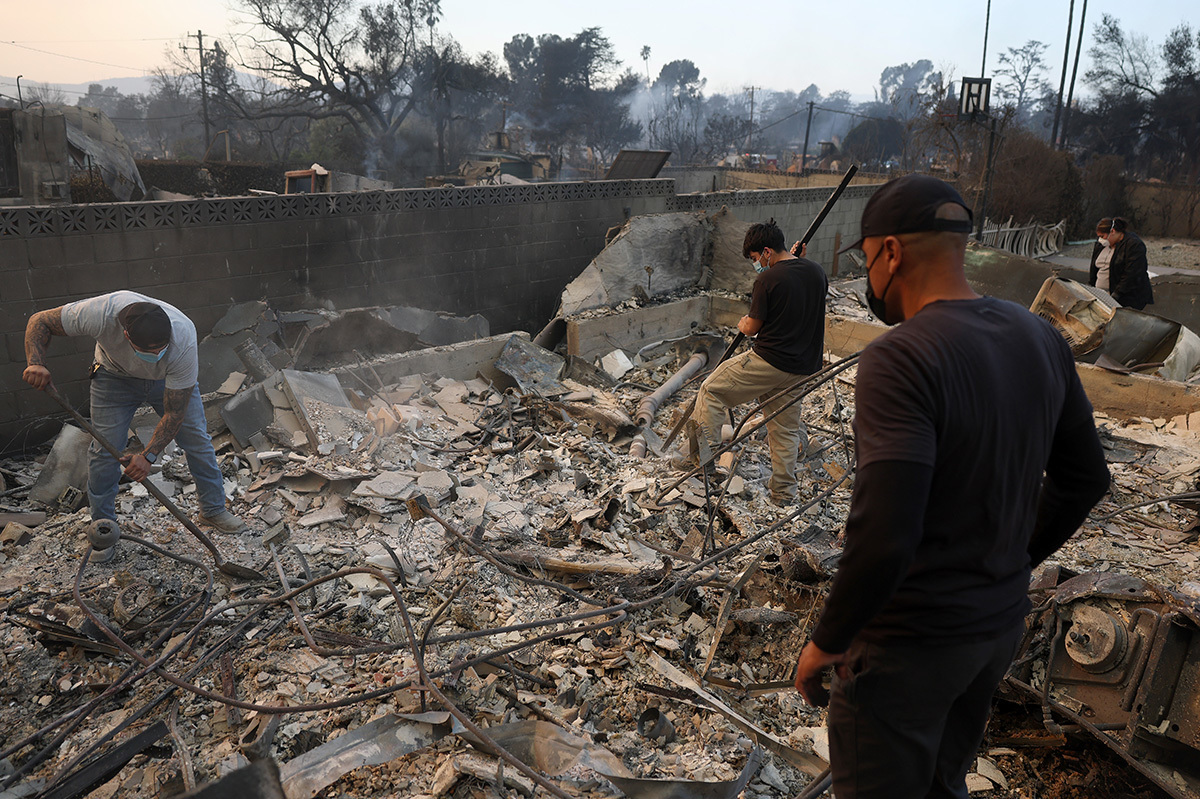
Evacuating your home in the face of a forest fire is a traumatic, surreal experience. Your mind can’t accept it, saying you’ll be back in a few days and everything will be fine. But your heart races as you calculate how long you can linger, and what you can and can’t take.
At bedtime that night, the 2018 Carr fire (started accidentally by a vehicle) was ten miles from our home, on the other side of Whiskeytown Lake. It seemed well under control. But when I woke up the next morning, it had roared across nearly all that distance. Suddenly we were fleeing for our lives.
I was Mr. Rational that day, and I was absorbed in keeping our business going. I rescued my stapler for some reason but left the framed pictures of our children behind. I didn’t save a single memento—not one photo album, Christmas video, or precious thing I’d made with my own hands. My mind just couldn’t compute that I could lose everything familiar.
A few hours later, our house and everything in it was gone.
The victims of the Los Angeles fires (Palisades Fire, Eaton Fire, the new Hughes Fire) share this experience: the fear, the unreality, and then the loss of all we own. If you’ve been through something like that, you want to know: what does it mean? Why didn’t God protect me? And how can a God who let this happen possibly be good?
In 20 years of coaching ministry leaders through their greatest losses, I’ve often seen God redeem the unredeemable. Here are a few insights on how he does it, illustrated from my own journalling after the Carr fire.
Day 3: “We are traumatized by what happened, and by all the uncertainty. I am struggling emotionally…numb, grieving, finding myself forgetting simple things, moving pretty slow. I don’t know how to feel, so I’m leaning on the people around me to help me navigate. We don’t know if we will come back to everything or nothing—it will be one or the other. Either way, everything for miles around will be burned.”
A traumatic experience like the Carr or Palisades fire affects your ability to think clearly, reason, or get anything done. One way to deal with it at first is simply to let it be what it is. If you need to cry, cry. If you feel the loss, don’t stuff it or try to be strong for others — let your friends be strong for you. If you can’t figure out what to do, stop obsessing and let go.
What the suffering heart really longs for is to be seen, known, and valued. Well-meaning platitudes about God’s goodness, encouraging scriptures or quoting God’s promises ring hollow. You need people who will simply be with you, even in silence, and be there for you if you need something practical.
Day 4: “In church we sang a song with words like, ‘I want to be fully present in worship and give my all to you.’ Turning to the friend next to me, I said, ‘Well, I am not anywhere close to fully present, and I’ve got absolutely nothing to give!’ Then we had a good laugh. “There is nothing I can do to affect my situation, and it is hard right now even to pray or to hear him speak. But my Jesus has got me. There is nothing he needs from me, but me…When I can do nothing, he is happy to do everything. What a great guy!”
The original sin of the human race was wanting to control instead of trust. We chose the Tree of Knowledge because it meant (we thought) that we could take care of our own needs, and manage our own lives instead of trusting Jesus to meet us in life. We ask ‘Why?’ when we suffer because we think that if we know why it happened, we can keep it from happening again. The answer lets us keep on being our own protectors.
Since “Why?” helps us live without him, God rarely answers it. (Even Jesus asked “Why?” on the cross and got no answer!) When there are no answers, human nature grasps at straws: some blame the Palisades fire on God’s judgment, arson, or California’s policies.
Here’s the truth: your house didn’t burn down because you are bad, you blew it, or you deserve it. Pain is part of living in a fallen, broken world. But when you suffer with Christ, you actually participate in redeeming the world! When the pain of this world comes into you, and you let Jesus heal you, you’re helping him heal the world.
Day 5, after learning our house was gone: “There are good things in my past that will never be again. The leaded glass panels I made for my office (with 1400 pieces of glass) are melted and shattered. I will not remake them. The cherry dining table I built for my wife as an engagement present is gone for good.
“But those things will only hurt long-term to the degree my heart was wrapped around them—and it really wasn’t. We have a good past, and we’ve had a good life. My family is safe. I am surrounded by people who are there for me, and I am not alone. I can look back on my past with pleasure and satisfaction instead of loss and regret because it has been good. And I look to the future with hope, because heaven has become very real to me.”
The Apostle Paul dealt with losing everything (Philippians 3:8-11) by leaning into ‘the fellowship of suffering.’ Here’s what that means.
We fellowship with others around things we have in common: shared hobbies, sports teams, and our kids. The fellowship of suffering is when you and Jesus have an intimate conversation around your shared pain. The gift is, you can identify with the Man of Sorrows in ways that those who haven’t suffered never will. Do this:
1. Identify what specifically you are suffering.
2. Find a place where Jesus went through something similar.
(e.g. he was rejected by his hometown, and never went back).
3. Talk with him about your shared experience.
(“Jesus, what was it like for you when you couldn’t go back home?” Or, “Losing my house feels like being torn in two. What did you feel when you stripped yourself and left heaven behind?”)
Day 5: “There will be more days when pain washes over me in waves…Grief and loss are real, and they are big. But I know from experience that a year from now I won’t regret it. Suffering is part of life in the same way joy and goodness are, and pain passes into the purposes of God just as they do.”
Tony Stoltzfus is a founding figure in Christian coaching, the author of 20 books, and has ministered around the world. He lives in Redding, California with his wife, Kathy.








